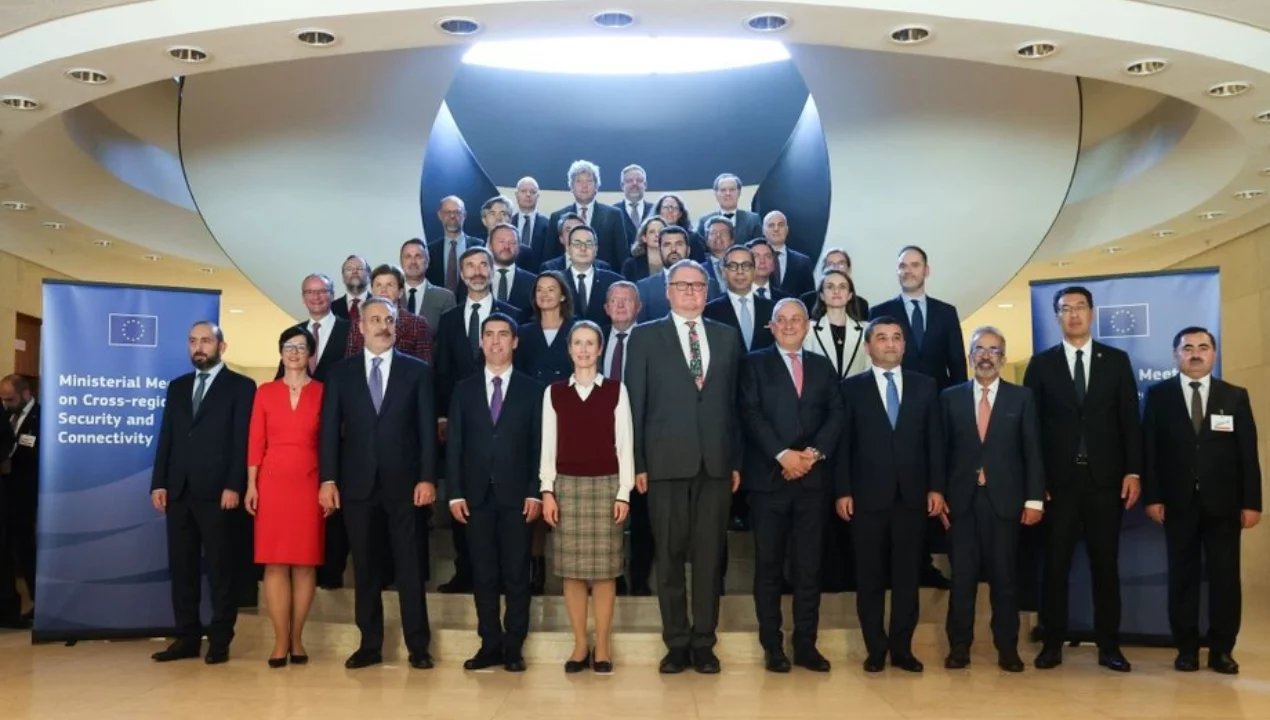The European Union and Central Asia have defined a new direction of cooperation

On October 20, an important interregional consultation was held in Luxembourg with the participation of EU Commissioners, Ministers of Foreign Affairs of the Black Sea, South Caucasus, and Central Asian countries, according to ec.europa.eu. The main topic of the meeting was strengthening security, economic cooperation, and strategic interconnectedness.
This meeting is considered a logical continuation of Brussels' new strategic approach to the Black Sea region and the EU-Central Asia summit. Representatives of Armenia, Azerbaijan, Moldova, Turkey, Ukraine, Kazakhstan, Kyrgyzstan, Tajikistan, Turkmenistan, and Uzbekistan took part in it. The European Union was represented by the High Representative for Foreign Affairs and Security Policy, Kaya Kallas, Commissioner for Expansion, Marta Kos, and Commissioner for International Cooperation, Josef Sikela.
At the meeting, the parties reached an agreement on the development of sustainable ties between the regions, strengthening infrastructure, and creating an environment of safe and prosperous cooperation.
The main focus was on four strategic areas:
- development of the transport - Trans-Caspian corridor and expansion of logistical ties;
- digital technologies - strengthening the infrastructure of high-speed internet and digital trade;
- energy - introduction of renewable sources and increasing energy security;
- deepening regional integration through the digitalization of trade and customs processes.
Kaya Kallas called the Black Sea region a strategic point for European security. According to him, Russia's war in Ukraine poses a serious threat throughout the region, which is why the EU is striving to diversify trade and energy relations.
Marta Cos writes: "All the countries stretching from Europe to the borders of China gathered in Luxembourg for the first time. We will get rid of dependence on single roads and create opportunities for independent trade and energy through new infrastructure."
Josef Sikela assessed Central Asia as a "young and potential region" and noted its growing importance as a strategic partner for Europe.
The Minister of Foreign Affairs of Uzbekistan, Bakhtiyor Saidov, also spoke at the meeting and noted that the country pays special attention to expanding international transport routes and stimulating the exchange of innovations and technologies. According to him, "interregional connectivity is not just infrastructure, but a foundation for trust and the well-being of peoples."
For information, the 18th meeting of the Uzbekistan-EU Cooperation Council was also held in Luxembourg on October 21. Saidov emphasized that this meeting will further strengthen bilateral relations and pave the way for a new stage of partnership based on common values.
Read “Zamin” on Telegram!





















